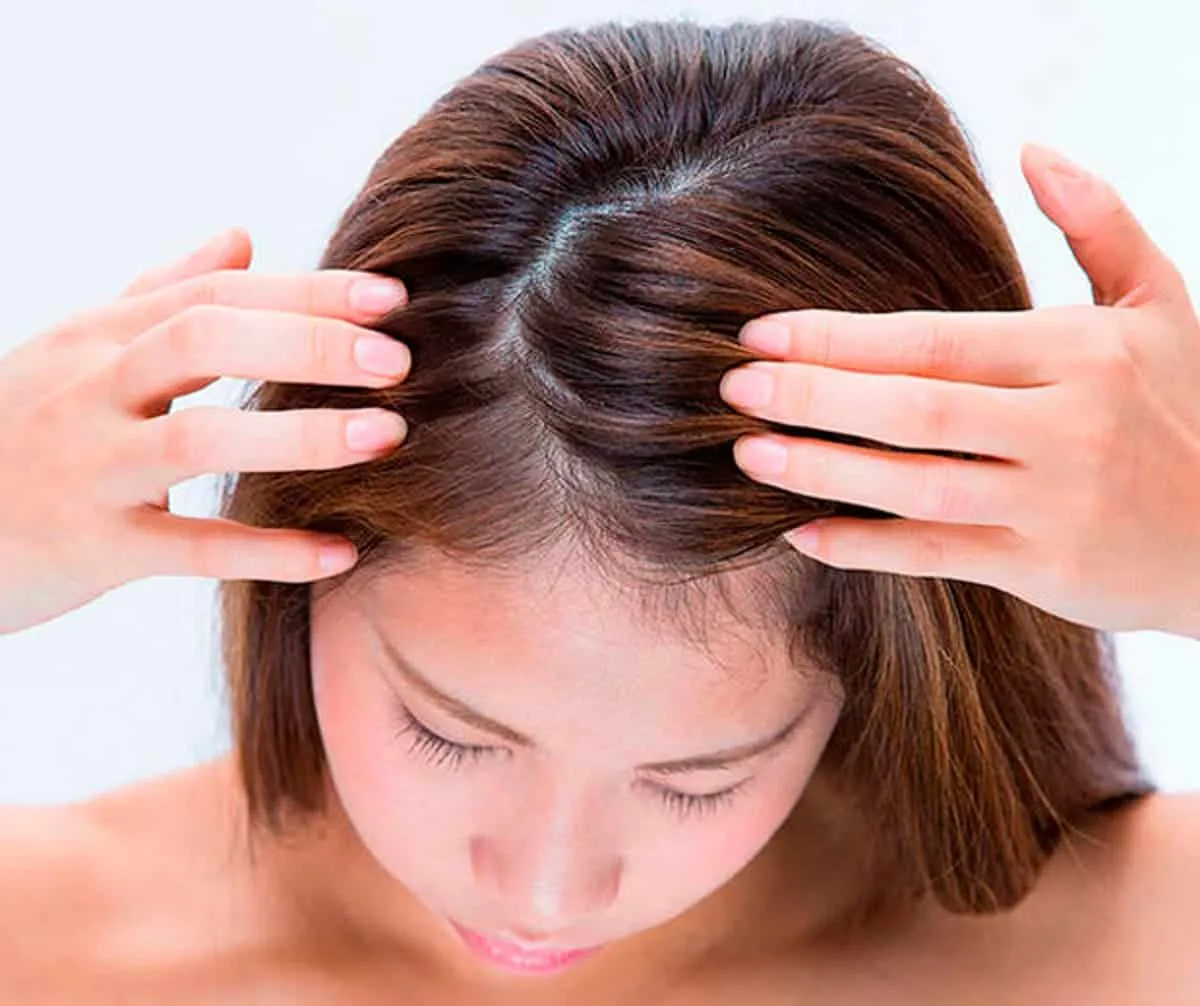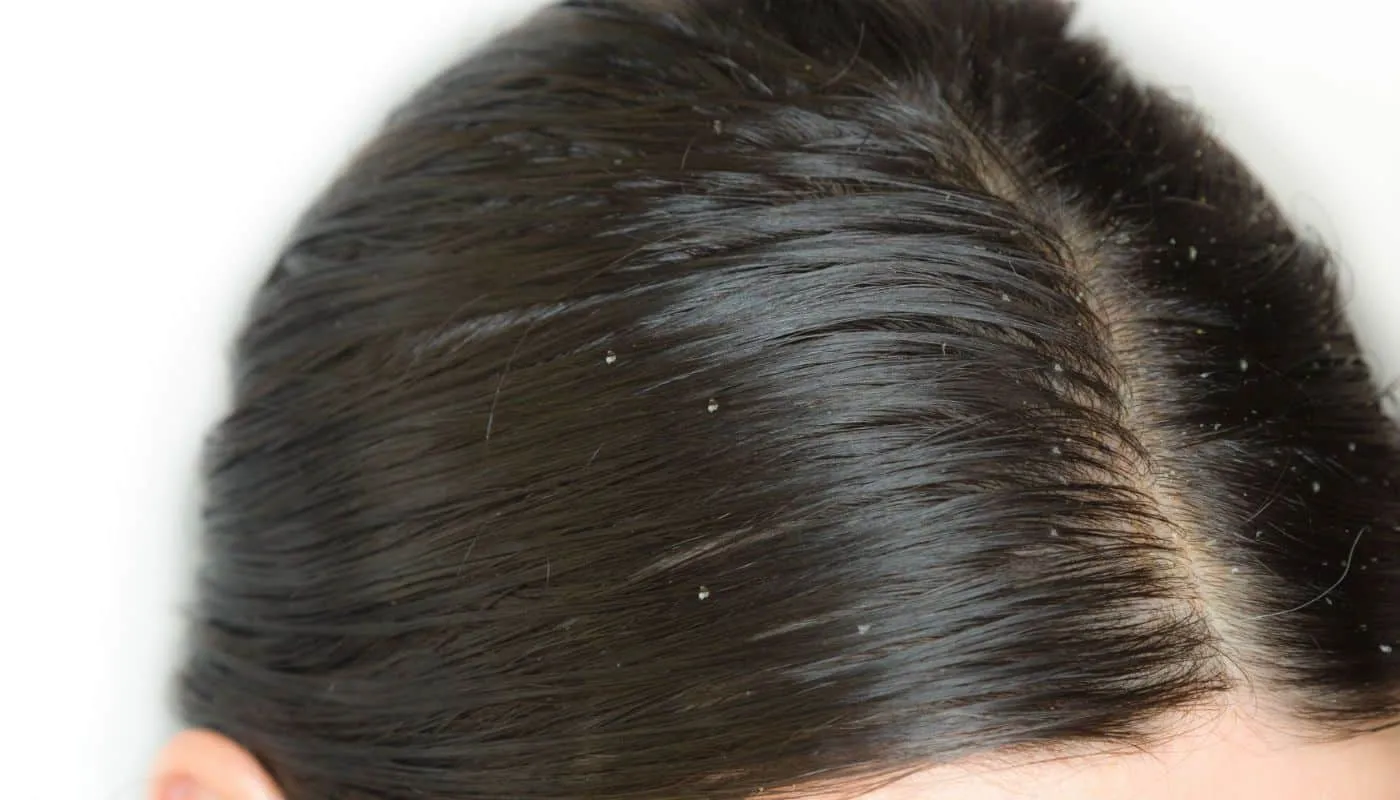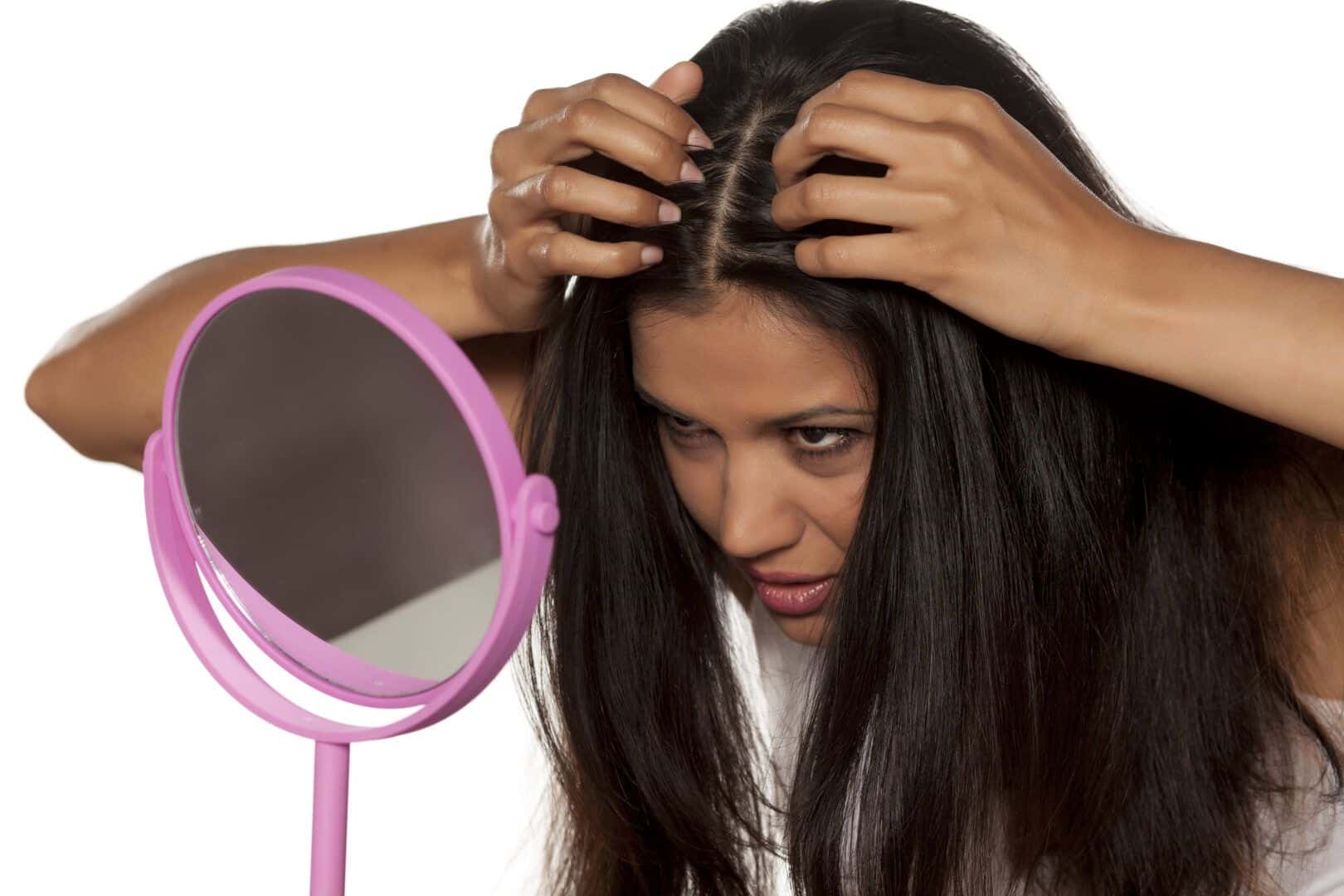The symptoms of a sensitive scalp can be quite uncomfortable, but scalp sensitivity is simple and easy to treat.
Irritation, itching, redness and discomfort in the region close to the hair root are the main symptoms of sensitive hair. These signs, along with burning and dryness, show how sensitized this region of the scalp is. This is not a serious problem, but it can be aggravated by several everyday factors, such as temperature changes, stress, use of aggressive products, among others.
Even though it is not a serious condition, it is still a nuisance and a very inconvenient situation. Fortunately, it is possible to end this sensitivity and the symptoms that accompany it. Typically, treatment is simple and directly depends on the origin of the problem. Therefore, if you have a sensitive scalp, it is very important to know the cause of the problem, and then look for ways to alleviate the sensitivity of the area.
Therefore, today we will learn more about the main causes of sensitive scalp, and what can be done to solve the problem and restore scalp health.
Sensitive scalp

Having a sensitive scalp is not very rare nowadays, especially in cases where the person is already prone to skin sensitivity. Therefore, people who have completely reactive skin, very dry, red and burning, it is even expected that their scalp will suffer from the same problems.
After all, the scalp is nothing more than an extension of the skin. In these cases, sensitivity in this region does not have a specific cause, being the result of a genetic predisposition.
It is not difficult to identify a sensitive scalp, as the main characteristics include dryness, redness, itching and even burning. However, this condition can also be caused and aggravated by external factors that make it sensitive, such as infections and skin problems, such as atopic dermatitis.
Depending on the cause of the problem, treatment can be very simple, including just changing habits. But in any case, it is important to see a dermatologist to obtain a more accurate assessment of the problem and the best treatment depending on the situation.
Main aggravating factors for sensitive scalp

There are a number of factors that can cause and worsen scalp sensitivity. Among the most common we can mention poor diet, excessive exposure to sunlight, pollution, dry air, temperature changes and excessive sebum production. But beyond that, the main aggravating factors for a sensitive scalp are:
Stress
Stress is related to a series of health problems, which include changes to the skin and its extension, in this case the scalp. Therefore, stress can end up leaving the region irritated in several ways, the main one being oiliness, which can lead to the appearance of seborrheic dermatitis, the famous dandruff. In this case, the scalp becomes more irritated and flakes, causing itching, redness and even hair loss.
Use of aggressive products
Hair hygiene is one of the ways to control scalp sensitivity. However, depending on the products used for washing, it can make the situation even worse. The use of shampoos and conditioners with aggressive substances, such as parabens, silicone, alcohol, fragrance and sulfates, is one of the main causes of sensitivity in the region.
Excessive hair washing
Washing your hair too many times a day can make your scalp sensitive. This is because the scalp will react to this excess washing, which will have the opposite effect. Instead of reducing the oiliness of the hair, it will increase it even more. Furthermore, washing your hair too much will end up drying out the area, especially if you use a sulfate-based shampoo. This will increase sensitivity symptoms, such as itching, irritation, redness and peeling.
Hot water
Rinsing your hair with hot water is another aggravating factor for scalp sensitivity. And just like the skin itself, this region can become very irritated and flaky.
Chemical procedures
Any chemical procedure, such as progressive treatment, relaxation and dyeing, can end up worsening the condition of a sensitive scalp. Therefore, after such a procedure, the scalp becomes more irritated, flaking and itchy.
How to treat sensitive scalp

And then, knowing the main causes and aggravating factors of sensitive scalp, it is possible to treat and alleviate sensitivity and symptoms. Simple habits and use of specific products can help solve the problem.
- To begin with, the ideal is to control stress and anxiety, doing pleasant things and taking time to take care of yourself. Taking care of your emotional state will help deal with several other health problems in addition to scalp sensitivity.
- Try to use shampoos, conditioners and hair creams free of aggressive substances, such as sulfate. Nowadays there are several products that contain softening substances, such as allantoin, which helps to alleviate scalp sensitivity.
- Prefer cold and warm baths, which are good for your skin, scalp and hair. This makes all the difference for those with sensitive scalps, as cold or warm water prevents irritation in the area, unlike hot water.
- It is essential to reduce the frequency of washing. The ideal is to observe the scalp’s reaction when washing your hair every other day or every two days.
- Avoid chemical procedures with formaldehyde in the formula, as this substance, very common in straightening treatments, can leave the scalp very irritated.
- Invest in specific products for sensitive scalps, such as shampoos with an acidic pH, which help control sensitivity in the region.
- Use products with UV protection to protect your hair from sun exposure.
- And finally, have a healthy, balanced diet and drink lots of water.
Anyway, what did you think of this article? In fact, take the opportunity to also check out How to get rid of dandruff? 9 infallible homemade recipes.
Sources: Derma Club Derma Club Salon Line
Images: Panorama Farmacêutico iBahia Vix Blog Haskell Cosméticos

Sign up for our newsletter and stay up to date with exclusive news
that can transform your routine!
Warning: Undefined array key "title" in /home/storelat/public_html/wp-content/plugins/link-whisper-premium/templates/frontend/related-posts.php on line 12
Warning: Undefined array key "title_tag" in /home/storelat/public_html/wp-content/plugins/link-whisper-premium/templates/frontend/related-posts.php on line 13




